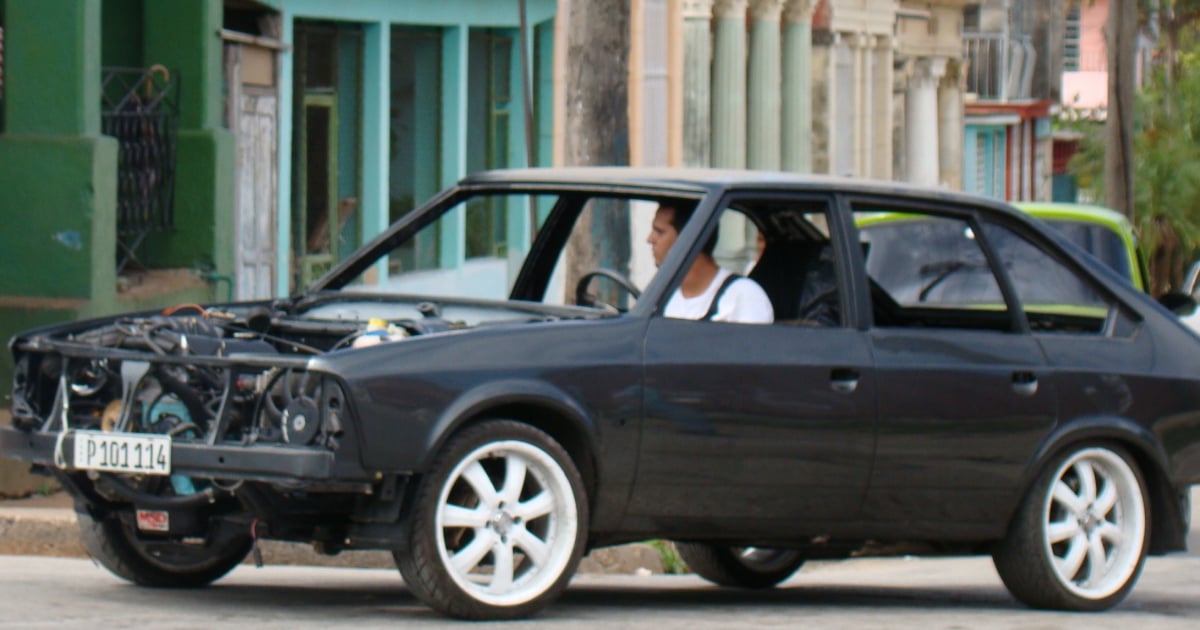
Related videos:
The Cuban government has announced a series of reforms to the regulations on the import, sale, and transfer of vehicles, aiming to modernize the automotive fleet and ease the pressures related to access to transportation.
Published in Official Gazette No. 128 of 2024, this regulation will come into effect on January 1, 2025. The legal text aims to update a regulatory framework that has remained rigid for decades, with the stated objective of improving transportation management and easing access to vehicles. However, these measures, while significant on paper, appear to be insufficient to address the deep-rooted issues of the transportation crisis on the island, characterized by decades of state inefficiency, unaffordable prices, and excessive restrictions.
Main measures announced in the Official Gazette
- Flexibility in property transfer:The transfer of vehicles between individuals and legal entities is permitted, including religious organizations and private companies. However, the sale of state-owned entities to individuals will require the approval of the Council of Ministers.
- New tariff rates:Electric and low-consumption vehicles will benefit from a preferential tariff of 10%, while internal combustion vehicles will face rates of up to 30%, depending on their category and segment.
- Reduction of profit margins:The profit margins of state import and trading entities are limited to 20%, aimed at reducing final prices.
- Incentives for electric vehicles:The importation of electric vehicles and their charging infrastructure is prioritized, with reduced taxes and logistical support for acquisition.
- Restricted access by frequency:Each individual will be allowed to import only one vehicle every five years, with additional restrictions for luxury vehicles.
- Marketing of used cars sourced from tourismVehicles that have completed their rental cycle in tourism will be offered in the national currency, with prices determined in relation to the secondary market.
Additional information about the regulations
- Progressive excise taxes:Rates of up to 200% will be applied to luxury vehicles and 100% to utility cars, depending on the range.
- Prioritized models:The regulations include a preliminary list of approved brands and models, favoring low-consumption electric cars.
- Funds allocated for the development of public transportation:The revenue generated from these taxes will be used for the maintenance and improvement of public transportation infrastructure.
You can check the gazette from Monday, December 30, 2024, in Cuba here
Despite these measures, final prices remain exorbitant for the average citizen. A car starts at a price of 15,900 USD, an astronomical figure considering that the average salary in Cuba barely exceeds 3,000 Cuban pesos per month (approximately 10 USD). The trade margin and special taxes continue to inflate costs, perpetuating the inaccessibility for most of the population.
The evolution of regulations concerning the import and sale of vehicles in Cuba has created numerous expectations among citizens. In September 2024, the Cuban government announced a significant reduction in the prices of imported vehicles. According to the authorities, a car that previously cost between 55,000 and 60,000 USD would now have a starting price of approximately 15,900 USD. This change aims to ease the inflated costs stemming from profit margins that reached up to 500% and high special taxes.
Additionally, authorization was granted for the buying and selling of vehicles between individuals and legal entities, including small and medium-sized enterprises, religious organizations, and foreign offices. These measures are accompanied by adjustments to the taxes and margins applied to transactions, although state entities still require approval from the Council of Ministers for transfers to individuals. Furthermore, the implementation of these provisions has faced delays due to regulatory adjustments, leading to uncertainty regarding their effectiveness and enforcement in the short term.
Frequently Asked Questions about the New Law on Vehicle Import and Marketing in Cuba
What are the taxes on electric and luxury vehicles in Cuba?
Electric vehicles will be subject to a 10% tax, while luxury vehicles will face rates of up to 200%. These fees are part of the new tariff measures implemented by the Cuban government to promote the importation of more sustainable cars, while also generating revenue through higher taxes on luxury vehicles.
What changes have been implemented in the transfer of vehicle ownership in Cuba?
The new regulations allow for the transfer of vehicle ownership among all individuals and legal entities, including religious organizations and private companies. However, the sale of state-owned vehicles to individuals requires approval from the Council of Ministers. This change makes it easier to access vehicles by providing greater flexibility in ownership transactions.
How does the new law affect vehicle prices in Cuba?
Despite the new measures, the final prices of vehicles remain exorbitant for most Cubans, with costs starting at $15,900. Although some profit margins and tariffs have been reduced, high excise taxes and import prices continue to inflate costs, making them unaffordable for a large part of the population.
What incentives exist for the importation of electric vehicles in Cuba?
The importation of electric vehicles is prioritized through reduced taxes and logistical support for acquisitions. Additionally, the charging infrastructure for these cars is being promoted as part of an effort to modernize the vehicle fleet and reduce dependence on fossil fuels. However, the viability of these incentives is questioned due to the lack of adequate infrastructure in the country.
What restrictions exist for the importation of vehicles by individuals in Cuba?
Each individual may import only one vehicle every five years, and there are additional restrictions for luxury vehicles. This limitation is part of the government's measures to control the number of imported vehicles and ensure they align with the country's economic interests.
Filed under: